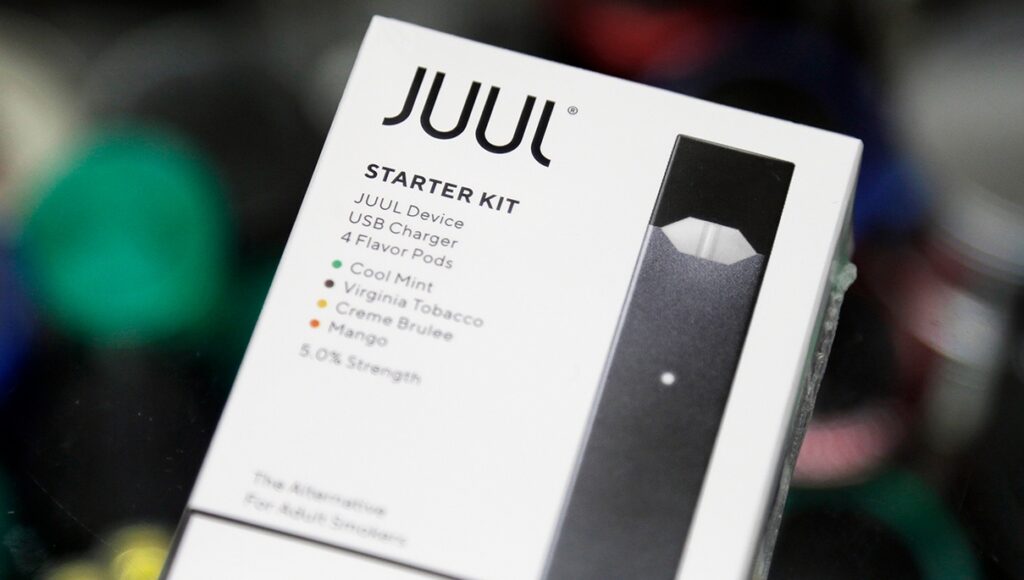The new Netflix documentary series Big Vape chronicles the radical highs and lows of e-cigarette firm Juul. It offers an unflinching look at how Juul reached meteoric success by hooking teens, then saw its empire crash amid regulatory fallout and lawsuits.
The Origin Story of a Vaping Juggernaut
Juul’s story begins in 2015 when James Monsees and Adam Bowen, Stanford grads seeking to disrupt tobacco, launched the sleek e-cigarette. Its USB-like design and nicotine salts delivered a smoother vaping experience than competitors.
Aggressive social media marketing fueled Juul’s massive growth. Trendy hashtags, youth-focused ads, and influencer promotions portrayed vaping as glamorous. By 2018, Juul commanded a staggering 70% of the e-cigarette market.
That same year, tobacco giant Altria acquired a 35% stake in the company, valuing Juul at an astonishing $38 billion. It seemed nothing could stop this rocket ship.
Reckless Marketing Tactics Bring Consequences
But troubling signs appeared beneath the surface. Critics accused Juul of intentionally addicting teens to secure lifelong customers.
A state investigation found Juul marketed on Nickelodeon and Cartoon Network, targeted influencers with young audiences, and sold products to minors without age verification.
Former employees revealed how Juul sought out stars like Miley Cyrus for promotions. This blatant youth marketing sparked national outrage.
A Public Health Crisis Spirals Out of Control
Soon, vaping-related lung illnesses among teenagers made alarming headlines. Anti-vaping advocates called out Juul’s direct role in creating the youth e-cigarette epidemic.
Stories spread of teens becoming fiercely addicted to Juul, sometimes vaping over a pod a day. Parents and schools demanded action against irresponsible marketing practices.
In response, the FDA banned flavored pods in 2018. But further restrictions, lawsuits, and settlements kept piling on, battering Juul’s reputation and valuation.
The Aftermath: A Cautionary Tale
Juul’s market share sank to just 37% amidst the relentless backlash. Its estimated value plunged over 90% to $250 million.
Big Vape director R.J. Cutler notes that while Juul didn’t intend to ignite teen addiction, it failed to safeguard young people from harm.
Juul’s story represents a cautionary tale of putting profits over people. Its practices bred deep public distrust. Critics argue more responsible marketing could have avoided much of the fallout.
Key Takeaways for Startups
So what lessons can other startups take from Juul’s dramatic journey?
- Consider long-term societal impacts, not just short-term success.
- Uphold ethical practices, even under competitive pressures.
- Proactively mitigate risks to vulnerable groups like youth.
- Maintain open communication with regulators and the public.
- Build a culture of social responsibility at every level.
While the road ahead remains turbulent, Juul’s story highlights the need for startups to keep people first, not just profits. Responsible practices form the foundation of enduring success built on trust.
- Myanmar Enacts Total Ban on E-Cigarettes and E-Shisha - February 25, 2026
- UK Announces Mandatory Vape Tax and Duty Stamps from 2027 - February 10, 2026
- Sri Lanka Travel 2026: Total Ban on Cigarettes & Vapes - February 5, 2026


